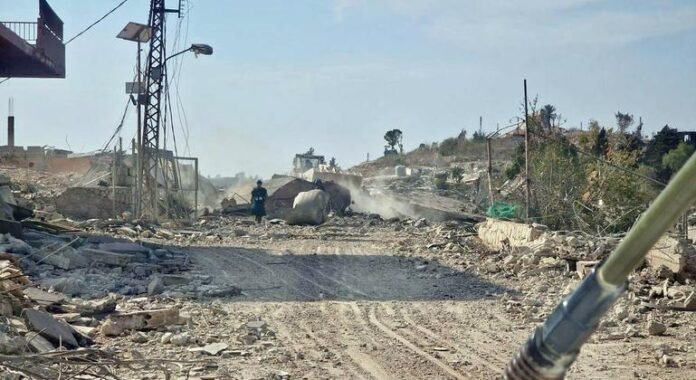Humanitarian aid workers are forced to work in unsafe conditions, UN spokeswoman Stephanie Tremblay said at a press briefing in New York on Thursday. The Israeli military has imposed severe restrictions, making it impossible for them to even reach the needy population.
As the bombardment continues, Palestinians have no means of protection. He reiterated that the entire population of northern Gaza is at risk of death from disease, famine and violence.
UN partner agencies estimate that around 14,000 displaced Palestinians are living in shelters in the region, including three centers run by UNRWA, the UN agency for Palestinian refugees.
Despite continued violent clashes, the World Health Organization (WHO) has carried out its biggest operation in more than a year, sending 90 seriously ill patients from Gaza to the United Arab Emirates and Romania for better treatment. Among them are 38 children.
Before launching the operation, the UN agency evacuated 16 patients and 20 care workers from northern Gaza to the Nasser Medical Complex in southern Gaza.
UN spokesman Tremblay appealed for safe corridors to evacuate patients from Gaza.
Meanwhile, 40 aid trucks that were supposed to be sent to Gaza in coordination with the UN Agency for Sexual and Reproductive Health (UNFPA) are still parked at the border between Egypt and Jordan, awaiting entry into Gaza.
These trucks carry essential medical supplies, hygiene items and other supplies. Since early October, only 16 UNFPA trucks have reached Gaza.
Last week, the UN agency distributed about 6,500 dignity kits, hygiene materials and other items in the Deir al-Balah area of Gaza.
The critical situation in Lebanon
On the other hand, civilians are suffering in the ongoing violent conflict between Israel and Hezbollah in Lebanon.
UN spokesman Tremblay said the Israeli military had carried out airstrikes in many parts of the country, with many casualties reported.
At the same time, Hezbollah fired many rockets and drones at Israel.
The United Nations Mission in Lebanon (UNIFIL) also reported that Israeli forces continued their military operations in southern Lebanon and clashed with Hezbollah.
According to Stephanie Tremblay, the growing impact of violence on ordinary people in Lebanon is alarming and she condemns it.
“All parties must comply with international law and ensure the protection of civilians and infrastructure.”
Amid the violent conflict, UN agencies are supporting humanitarian operations in Lebanon, delivering food, water, winter kits and other supplies to populations in need.

